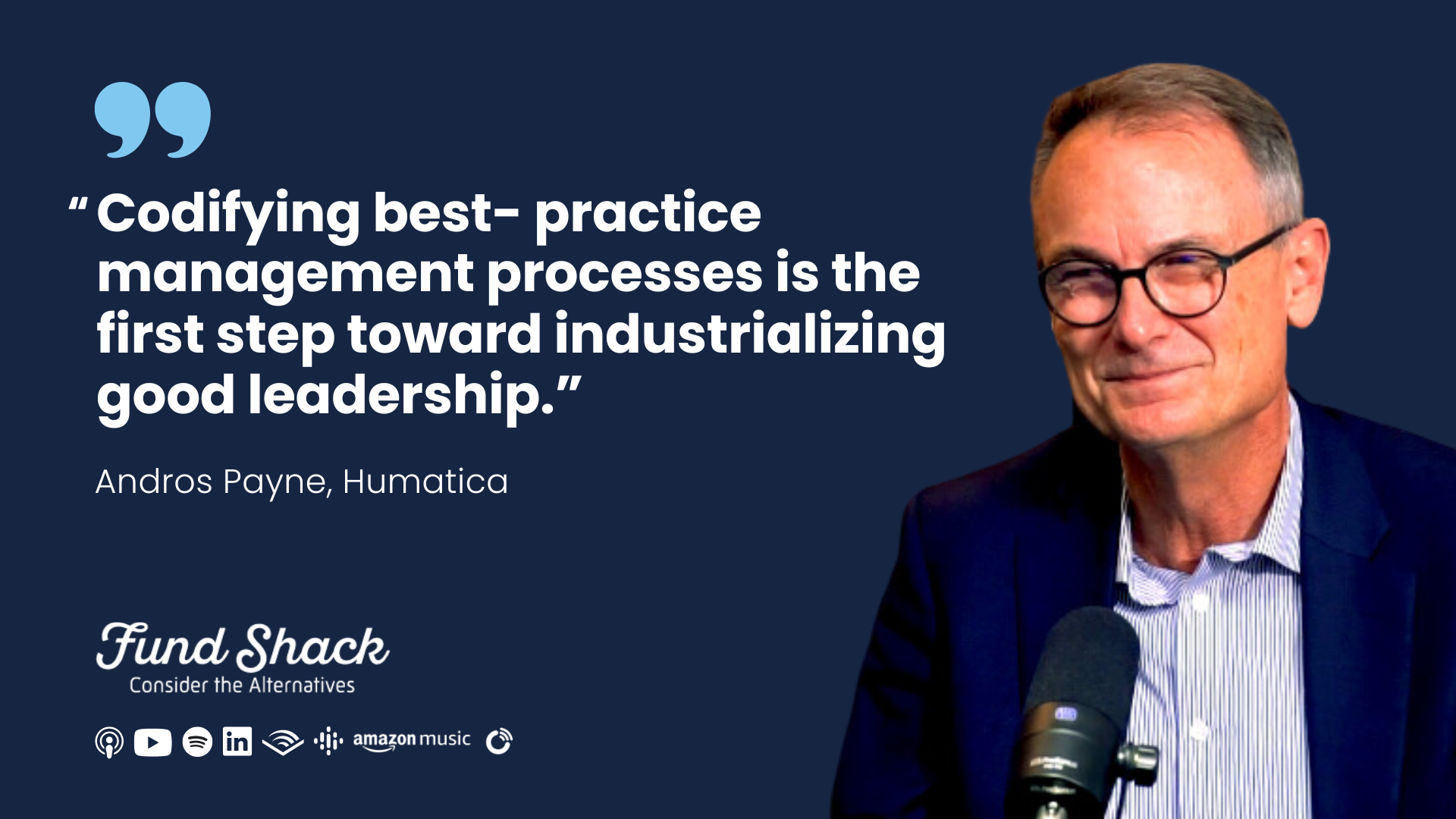
“What got you there won’t get you there”. It’s never been more true than right now for private equity backed companies facing economic headwinds. Increasing demands place more pressure on portfolio company leadership teams and, CEOs in particular. They find themselves grappling with mounting financial challenges with increased debt service payments. While basic managerial skills remain necessary, these are no longer sufficient to ensure success in the current market environment.
At a recent Human Capital conference, successful CEOs, Talent Operating Partners, and Deal Partners cited three competencies that distinguish great private equity CEOs from the rest.
Listening, Learning and Coachability: CEOs steering their companies through tougher market and financial conditions have to master brand new capabilities. The ability to listen and a willingness to learn are crucial for senior executives to proactively address their own developmental areas. Coachability enables Great CEOs to leverage the collective expertise of their boards and private equity sponsors – key assets for navigating today’s dynamic markets.
Independence and Collaboration: CEOs are expected to lead with decisiveness, yet the traditional command and control approach is outdated in a multi-dimensional business environment with many moving parts. Instead, Great CEOs are encouraged to develop diverse and high-performance teams capable of building on their collective understanding and collaborative decision-making. Effective collaboration, both within the management team and with external stakeholders, including investors and the board, is essential. CEOs who fail to leverage the skills within their team and around them expose their organizations to operational and strategic risk.
Empathy and Understanding: With shifting priorities and expectations of customers, employees, and investors, Emotional Intelligence is essential. Genuine empathy enables Great CEOs to anticipate the needs of diverse stakeholders. Moreover, it informs strategic decision-making by enabling Great CEOs to understand subtle customer needs and changing preferences. Internally, empathy fosters a culture of mutual respect and inclusion, particularly critical in challenging labor markets.
While these competencies have been valuable assets in the past, they are now essential for navigating today’s current dynamic markets, especially with the headwinds facing private equity. Great CEOs not only demonstrate empathy and effective collaboration, but are also open to learning and adapting to new situations. Senior executives who demonstrate these competencies are poised to thrive in the current challenging markets, while others will find the going getting tougher.
This article has originally been published in Real Deals Magazine.

The fund landscape is changing faster than ever before, creating winners and losers in an increasingly competitive private equity ecosystem. Higher real interest rates are…
Read more
In the third episode of our Beyond Culture Series, we talk about industrializing best practice management processes. Link to Video 1:07 Register here to join our live…
Read more
There’s increasing focus on “culture” as an elusive driver of value growth. Creating a “high performance culture” has become the mantra for transforming buy-outs to…
Read moreReceive our news and valuable perspectives on organizational effectiveness each month.